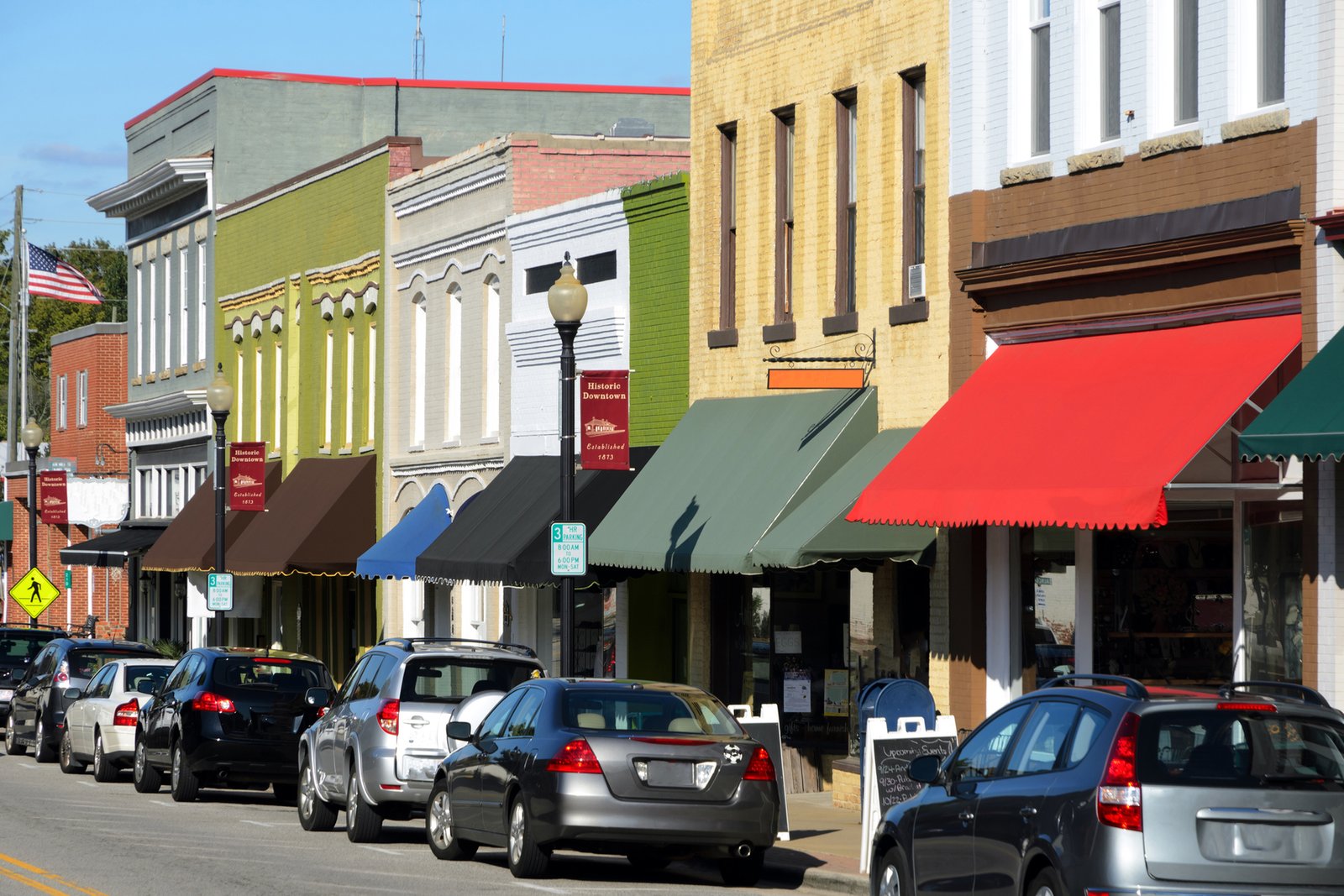From: http://bjconline.org/news/news/0209laycock.htm
Douglas Laycock is the Yale Kamisar Collegiate Professor of Law at the University of Michigan Law School. He is one of the nation’s leading authorities on religious liberty law. He made these remarks on January 15 in accepting the National First Freedom Award from the Richmond, Va.,-based First Freedom Center.
EXCERPTS:
If I am remembered for anything after my career is over, I hope it will be that I avoided the Puritan mistake, and that I warned others against it. The Puritans came to Massachusetts for religious liberty, but they meant religious liberty only for themselves. Everyone else had the liberty to go anywhere in the world outside Massachusetts, and in the Puritan view, that was quite enough liberty for the likes of them.
We are not so transparent today about protecting liberty only for ourselves. We do not criminalize belief or expel dissenters from the jurisdiction. But most Americans still care far more about liberty for themselves than about liberty for those they disagree with. And this unfortunate bias is especially pronounced with respect to religious liberty.
…
For too many Americans, their view of religious liberty is driven by their view of religion. For some Americans, religion is a good thing, the most important and transcendent of all things, so religious liberty should be protected and religious observance should be promoted. For other Americans, religion is a bad thing, a source of repression and social conflict and even violence, so religion should be carefully contained and the rights of nonbelievers should be vigorously protected. Whether or not they put it so bluntly, many Americans resolve all debatable religious liberty questions either in favor of promoting religion or in favor of constraining religion. And some questions that really aren’t debatable – they resolve some of those in the same biased way.
…
Religious liberty is for everyone – for believers and nonbelievers of every stripe. If my career stands for anything, I hope it stands for that. The value of religious liberty is not religion, and the value of religious liberty is not secularism. The value of religious liberty is liberty – liberty with respect to choices and commitments that are of profound importance to many humans, and usually of much less importance to the state.
Read the full speech at http://bjconline.org/news/news/0209laycock.htm

